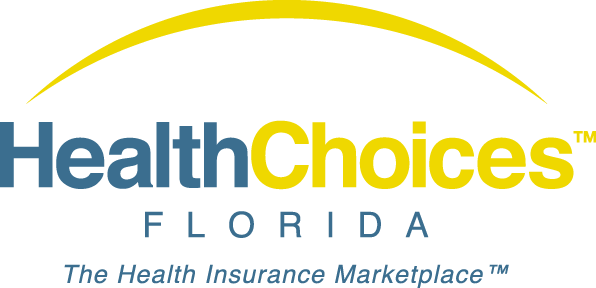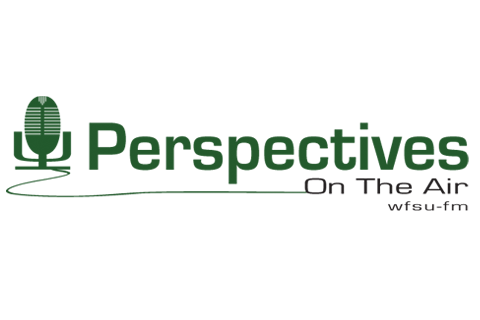The recent announcement by Florida Healthy Kids that full-pay program participants will experience a rate increase double or triple their current premiums was a devastating blow to many families across the state. According to Florida Healthy Kids, this increase will affect more than 30,000 Floridians and their children. While health care inflation has contributed significantly to these dramatic…

What the Heck is an Exchange?
I received an email this week wherein the writer asked for help understanding what a health insurance exchange is, specifically, the differences and similarities between state, federal and private exchanges. My answer was “it depends on who is asking and who is answering.”
The word exchange has been bandied about in many circles, by many different people, and with great frequency since the Patient Protection and Affordable Care Act was signed into law in 2010. Most of us act as if we know exactly what it means when, in actuality, the meaning is determined by the person using the term and it’s okay to ask what they mean when they are using the word “exchange.”
To the small employer with fewer than 50 employees, the term “exchange” could be a reference to the Small Business Health Options method of shopping and enrolling in small group products while also hoping to qualify for the enhanced small business tax credit; or, it could mean that the employer is considering moving to a defined contribution program that will be administered by the business owner’s insurance agent; or, knowing that tax credits are out of reach, the employer chose to shop for group coverage by accessing a single carrier exchange. It might not be group coverage at all if the employer is simply providing access to individual and family policies through an exchange with no employer contributions.
To the mid-size and large employers it generally is a reference to a technology that can help manage and administer health benefit programs, reduce the administrative burden of offering benefits, and bring more predictability to the employer’s cost of providing those benefits. Still, it could be a fully insured, self-insured, defined benefit, or defined contribution exchange. I might also ask if it contains comprehensive health policies only or does it also bring ancillary options to employees?
To the independent insurance agent, it might be a way to compete with the big brokerages by gaining an on-line presence to sell coverage, or a way to support employer clients of any size after their purchasing decision is made to streamline the enrollment of employees and manage life events throughout the coverage year.
To an insurance company, a single carrier exchange may be a way to minimize sales costs and protect or increase market share by offering products direct to consumer; or, it could be a portal through which appointed agents can access product details and get quotes for their clients. If it is a multi-insurer exchange it may or may not disaggregate groups and it may or may not include an element of risk adjustment.
To the individual consumer it is most often assumed to be a place where coverage can be bought with assistance in the form of pre-paid tax credits to make it more affordable. To some, it is a place where there is more choice. To others it is a place that restricts choice.
The broad usage of the term and the broad spectrum of exchange models is because one size does not fit all of our health care needs.
About The Author: Rose Naff currently serves as CEO of Florida Health Choices, Inc. and is building Florida’s Health Insurance Marketplace. Launched in 2014, the Marketplace can fill gaps in other healthcare coverage while additional phases are being built. Go to www.myfloridachoices.org to learn more.


